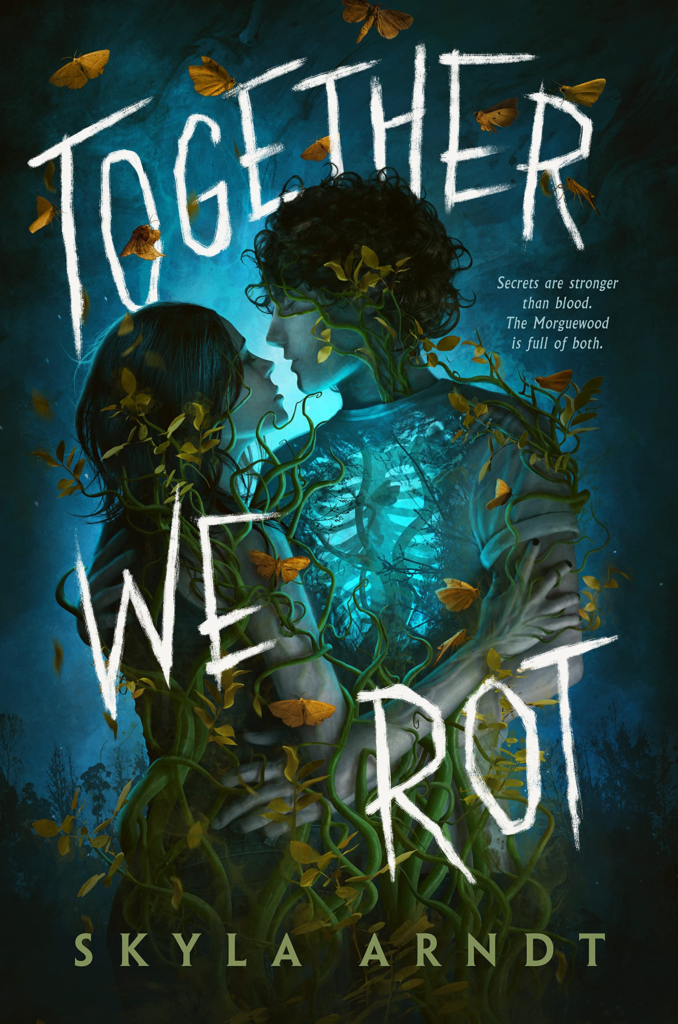
A History of Wild Places by Shea Ernshaw
My rating: 5 of 5 stars
Shea Ernshaw brings a painter’s touch to this twisty-turny plot joyride that takes elements of mystery, fantasy, and horror, puts them in the woods, and sees how they all get along when cut off from the outside world.
View all my reviews









